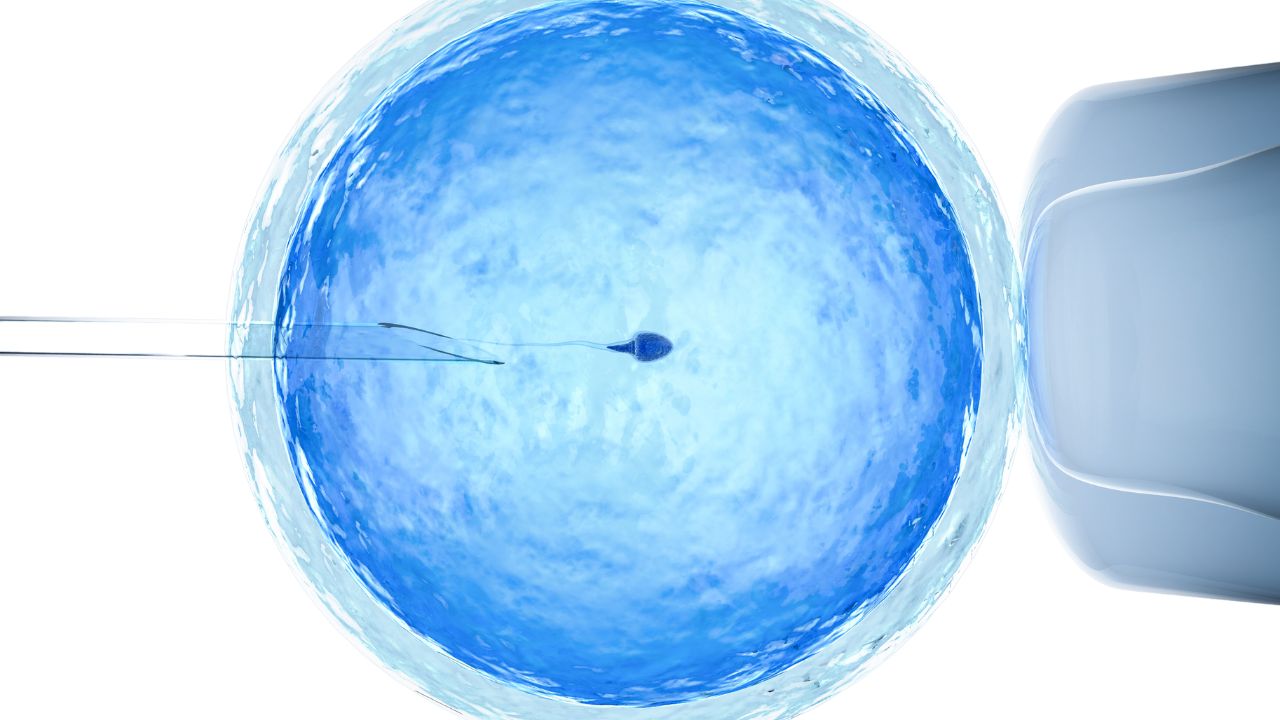
IVF in India: Comprehensive Guide to Costs and Procedures
IVF in India: In vitro fertilization (IVF) remains one of the most effective methods of assisted reproduction. It allows couples from around the world to achieve pregnancy by fertilizing mature eggs with sperm in a laboratory. After fertilization, the embryo is carefully transferred to the uterus, where it can develop into a successful pregnancy.
Cost of IVF in India
For international patients, India offers affordable yet high-quality IVF treatment. Typically, the cost ranges from USD 2,700 to USD 3,300. However, the final expense depends on factors such as the patient’s diagnosis, the clinic chosen, and any additional services required.
Understanding the IVF Process
IVF involves several key steps:
- Ovarian Stimulation: Doctors prescribe injectable medications to stimulate the ovaries. These medications usually contain hormones like follicle-stimulating hormone (FSH) and luteinizing hormone (LH).
- Egg Retrieval: Once the ovaries produce mature eggs, doctors use a transvaginal ultrasound-guided procedure to collect them.
- Fertilization: The retrieved eggs are combined with sperm in the lab to achieve fertilization. After incubation, the embryos are prepared for transfer.
- Embryo Transfer: Finally, the embryos are carefully placed into the uterus, where they may implant and begin developing.
Success Rates and Influencing Factors
Success Rate of IVF
IVF success rates range between 60% and 70%. Several factors, including the patient’s age, ovarian reserve, and sperm quality, influence these rates. While these numbers are promising, individual outcomes can vary significantly.
Factors Influencing Success
Several key factors affect the success of IVF:
- Age of the Patient: Younger patients generally experience higher success rates.
- Ovarian Health: A strong ovarian reserve positively impacts IVF outcomes.
- Sperm Quality: High-quality sperm enhances the chances of successful fertilization.
What Does the Cost of IVF Include?
The overall cost of IVF covers several essential components:
- Diagnostic Tests: These include hormonal evaluations, tubal patency tests, prolactin levels, and semen analysis.
- Procedure Costs: Costs vary depending on the complexity of the treatment.
- Embryo Transfer: The cost can differ based on whether fresh, frozen, cleavage-stage (day 3), or blastocyst-stage (day 5) embryos are used.
- Additional Visits: An entire IVF cycle spans about four weeks and requires multiple visits for monitoring and egg retrieval.
- Post-Operative Care: While IVF is usually an outpatient procedure, hospitalization may sometimes be necessary.
Factors Affecting IVF Costs
Various elements impact the final cost of IVF:
- Clinic Selection: Prices can vary based on the type of hospital room chosen (e.g., general ward, twin-sharing, or private room).
- Patient’s Age: Older patients often require more intensive treatment, which can increase costs.
- Side Effects: Some patients experience side effects such as nausea, weight gain, and other complications, leading to additional medical expenses.
- Accommodation: Non-local patients may incur additional costs for lodging during follow-up visits.
Conclusion
IVF in India provides a balance of affordability and high-quality medical care. By understanding the costs and factors that influence them, patients can make informed decisions about their fertility treatment options. Partnering with a reliable platform like Rawa Health ensures access to the best IVF clinics and expert guidance throughout the process.




